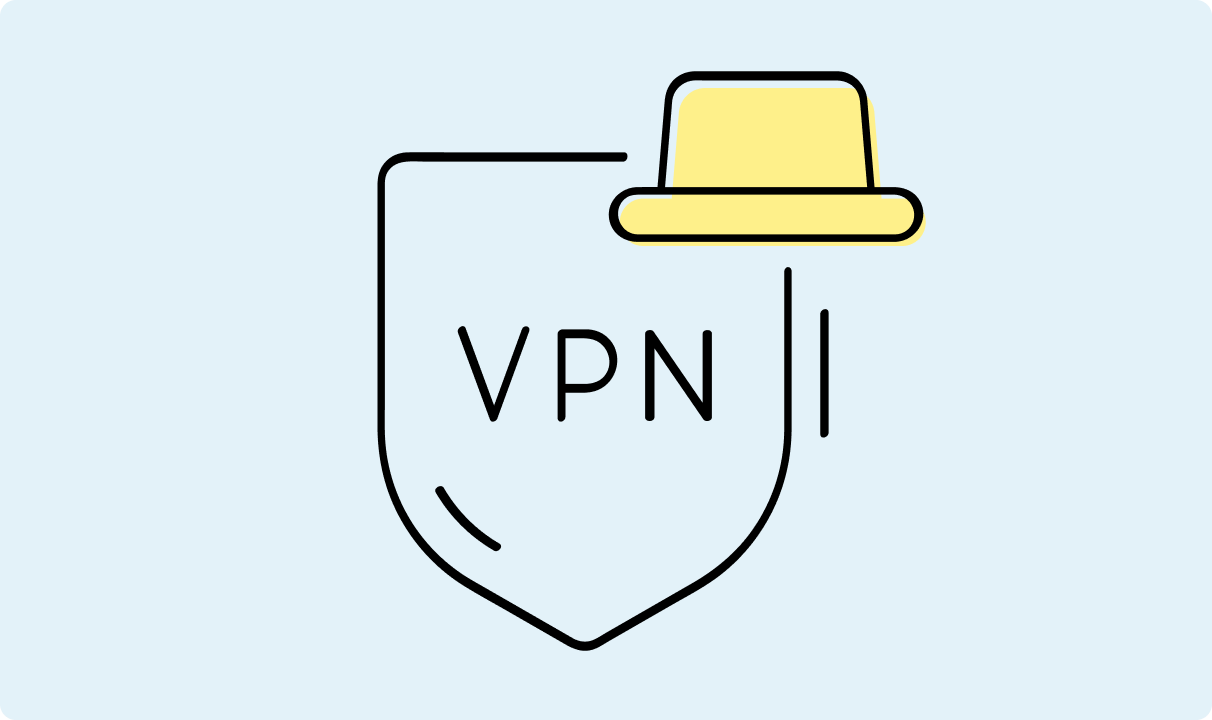CometVPN Blog
If you want to stay safe, choose an anonymous VPN with a reliable no-logs policy that doesn’t store your data logs. These VPN providers often have the tools and reputation that allow you to reach a high level of anonymity.
6 min read
 Rasa Sosnovskytė
Rasa Sosnovskytė 
Choose Category

5 min read
10 Best Hesgoal Alternatives to Watch Live Football Legally
Hesgoal has been shut down in the past, and it’s only a matter of time before it happens again. It was considered a go-to platform by many people wanting to stream live football. As a result, many users are continually seeking new and reliable alternatives, whether safe and legal or free and questionable.

Adomas Šulcas

4 min read
How to Watch Porn in the UK Without Age Verification in 2025
Watching adult content online has become much more complicated in the UK since the rollout of the Online Safety Act. The government says it’s to protect children, but for many adults these rules feel overly strict.

Guoda Šulcaitė

3 min read
How to Bypass TNAFlix Age Verification Safely
Key takeaways:

Rasa Sosnovskytė

5 min read
10 Best Methstream Alternatives to Stream Sports in 2025
Key takeaways:

Adomas Šulcas

7 min read
10 Best VIPBox Alternatives in 2025: Safe Sports Streaming Sites
Key takeaways:

Guoda Šulcaitė

5 min read
10 Best FootyBite Alternatives to Stream Live Football in 2025
Key takeaways:

Rasa Sosnovskytė